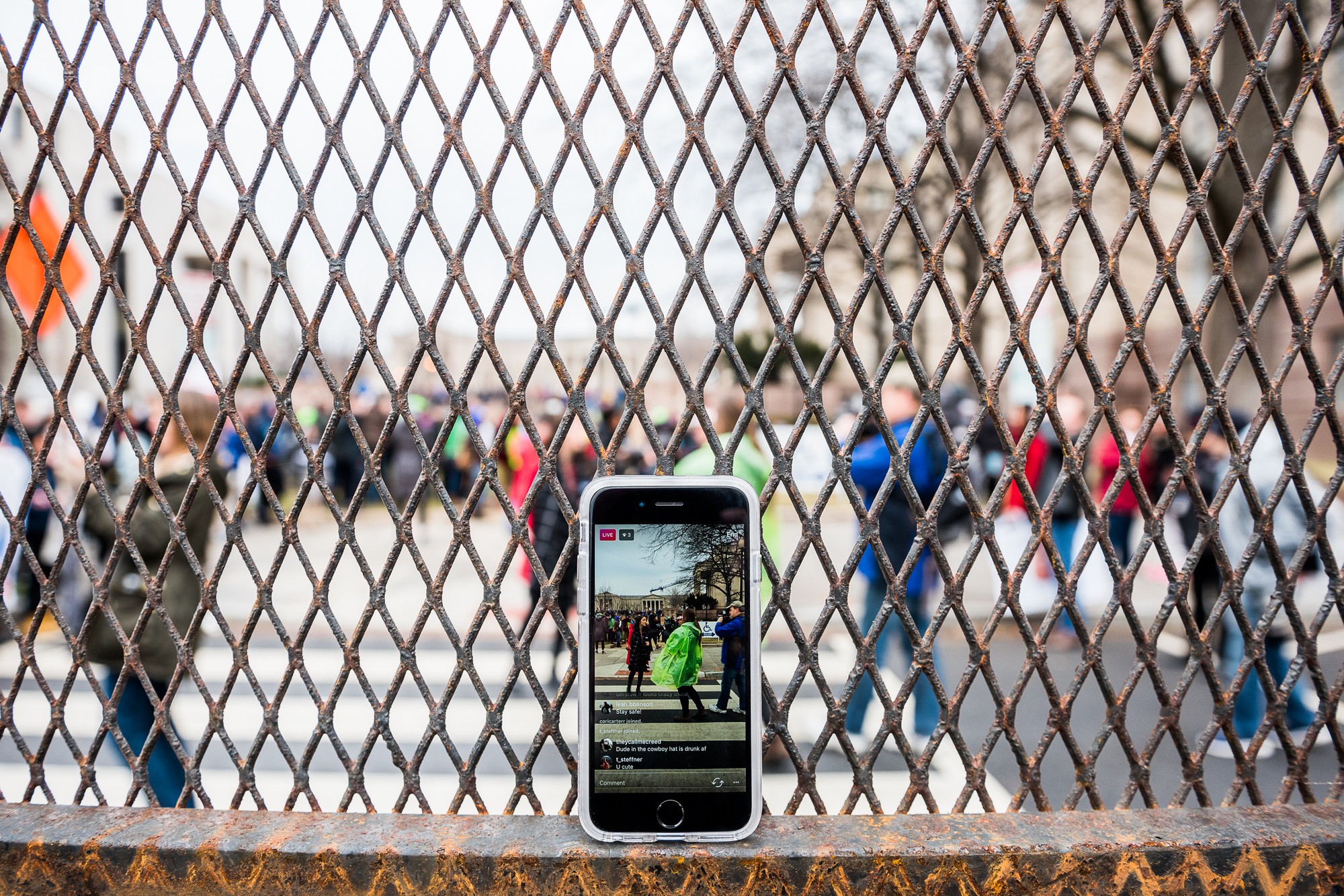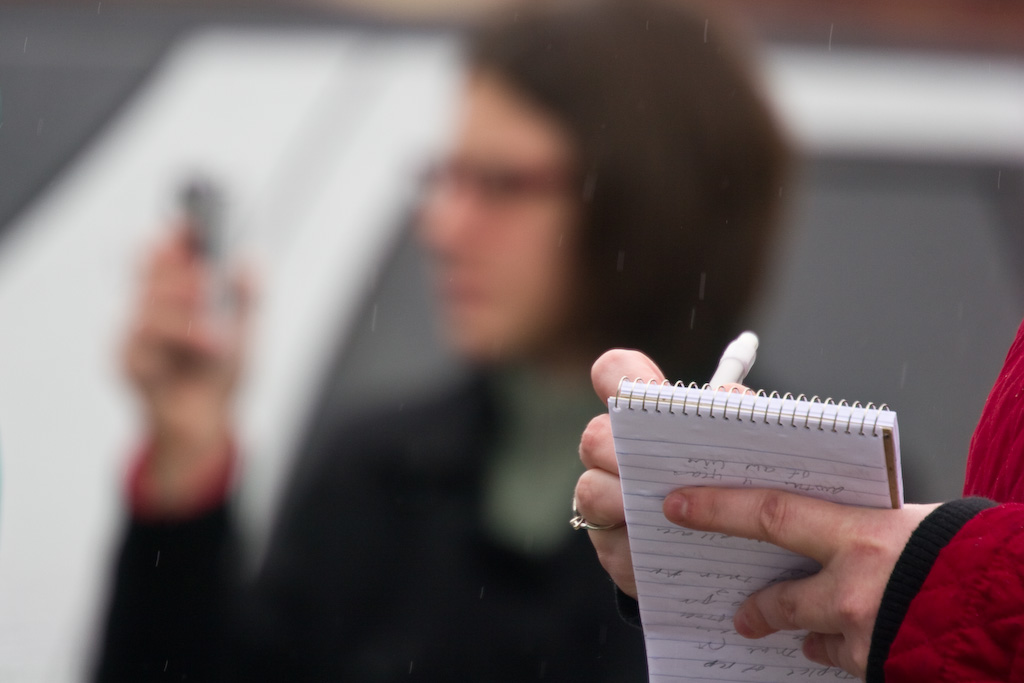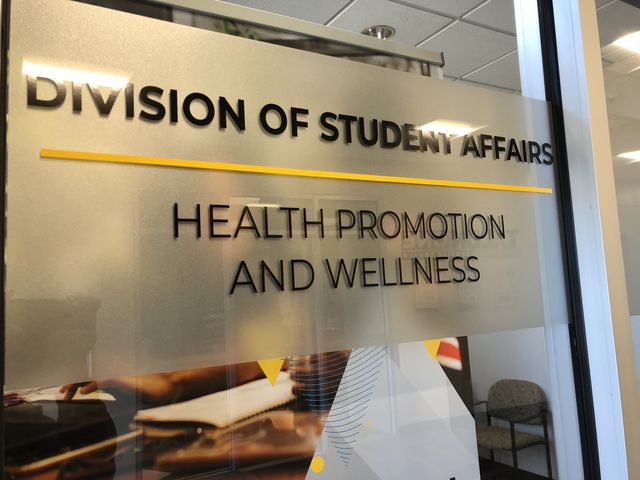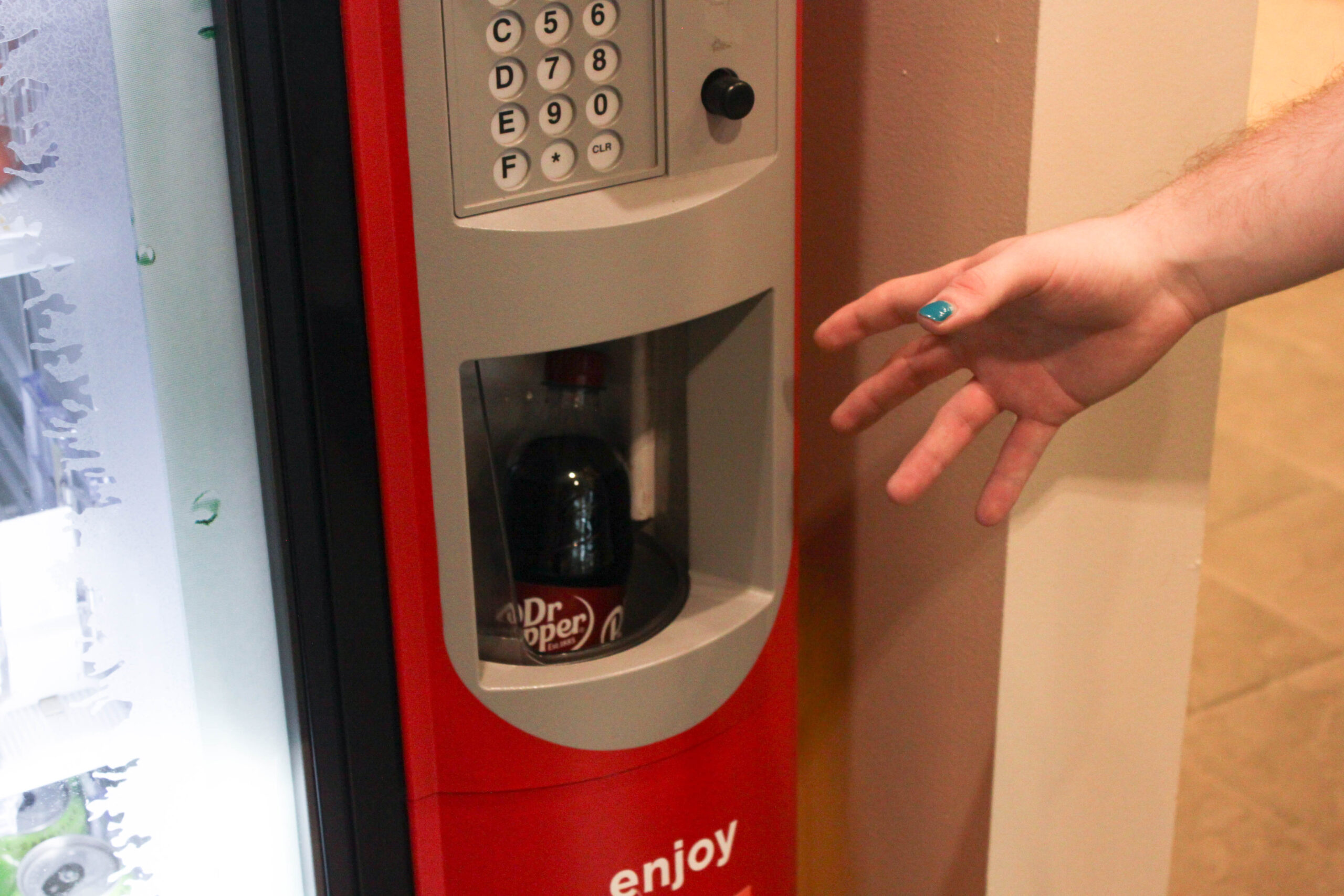Citizen journalism can be biased and incorrect, and students need to realize this and know how to validate what they read.
Citizen journalism is the gathering, reporting, and sharing of news by the general public through the use of the internet. Many citizen journalists write and post anonymously which removes themselves from taking responsibility for what they are writing.
Anonymity allows them to publish controversial pieces and not receive any backlash. On the downside, if they post something that is false, then they are also not responsible for whatever consequences come from their false reporting.
When people with no journalism experience or training present a story, they most likely do not have the entire story or only show a certain angle. Nothing is holding them accountable other than their personal code of ethics and morals.
Professional journalists and newsgroups have voiced concern that people take citizen journalism too seriously because they believe that common people will be more truthful than their professional counterparts, which is untrue.
David Hazinski, a professor of journalism at the University of Georgia said, “Citizen journalism isn’t journalism, it’s gossip.”
Groups and stations exist that are dedicated to giving people correct and unbiased information. Even though some bias can seep into reporting, it is less likely because organizations have a desire to be well known and respected sources of news.The SPJ Code of Ethics requires journalists to seek the truth, report it, minimize harm, act independently and be accountable and transparent.
As college students, we are constantly being bombarded with information, and it is our job to make sure that what we choose to believe is from a reliable source. The best way to fact check a story is to look for it on other websites, especially credible news outlets, and to look at other stories written by the author to see if they have been reliable in the past.
According to an article by PolitiFact, fact-checking requires “a relentless focus on evidence.” Focusing on the evidence behind the claims being made is the best way to figure out if the writer is credible.
It can be harder to detect bias in an article because it is typically more subtle. Look for opinion words throughout the article such as ‘think,’ ‘feel’ or ‘believe.’ All of those are words that demonstrate the opinion of the writer as opposed to facts.
The number of times that bias and incorrect information show up in citizen journalism should make readers wary of the credibility of that information. Not all citizen journalism is bad, but readers should check the validity of sources and authors. Do not make yourself look stupid because of misinformation that was given to you by sloppy writers.




